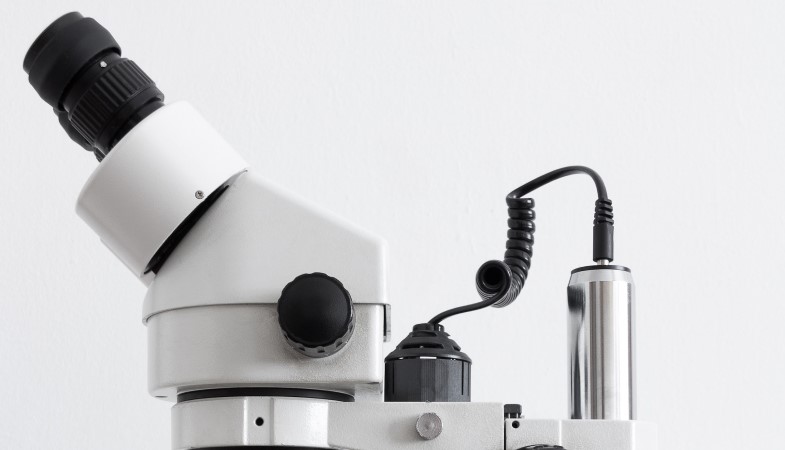
Numerous hormonal issues commonly affect women. These issues could have various underlying causes. Women’s health is more important than men’s since they experience hormonal changes during adolescence, pregnancy, after birth, and menopause.
Many gynaecologists are raising awareness about women’s health and how to handle specific gynaecological problems.
Here, we go through colposcopy, its dangers, and the need for professional help in treating it.
What is Colposcopy?
Doctors perform a colposcopy to precisely examine the cervix, vulva, and vagina to check for illness symptoms. In addition, examining the cervix for abnormal cells is helpful. Colposcopy is a specific procedure that gynaecologists do use a colposcope.
Why do doctors’ recommend it?
If a Pap test reveals an abnormality, many gynaecologists advise colposcopy. Doctors take a tissue sample for further investigation when cervix cells are abnormal. Additionally, colposcopy aids in the diagnosis of:
- Genital warts
- Cervicitis,
- precancerous changes in cervical tissues,
- precancerous changes in vaginal tissues,
- and precancerous changes in the vulva
When do doctors believe a colposcopy is necessary?
After a patient has undergone a standard cervical screening test, a doctor could advise a colposcopy.
The following are the primary causes of colposcopy:
- Cervical cells exhibit abnormalities but may not be malignant.
- Possess a human papillomavirus (HPV) infection, which alters cells and may result in cancer.
- The doctor didn’t find your cervix healthy.
A colposcopy helps to determine what is causing cervicitis or vaginal bleeding.
What risks are involved in colposcopy?
Although colposcopy is a safe way to inspect your cervix, the procedure has certain risks. These risks include:
- Heavy bleeding
- Infection
- Pelvic pain
When should you consult your doctor?
You should see a doctor if you have specific symptoms or indicators. Women commonly face hormone issues because of poor nutrition and lifestyle choices. However, a variety of additional variables contribute to these changes. If a woman who had a colposcopy experiences any of the following, she needs to see a gynaecologist immediately
- Chills
- Fever
- Heavy bleeding, not necessarily during menstrual cycles
- Severe abdominal pain
How should you prepare for the colposcopy procedure?
Before having a colposcopy test, many doctors advise the following:
- Refrain from using vaginal lotions, powders, medications, or foams.
- Avoid vaginal sex and tampons,
- avoid inserting anything into your vagina,
- avoid colposcopy during periods,
- let your doctor know if you’re expecting,
- consult with them before taking any over-the-counter medications.
How long does it take your cervix to recover from a colposcopy?
The recovery period could last between four and six weeks because the procedure necessitates a careful examination of the cervix. Self-care is crucial to reduce your chance of contracting an infection. Doctors frequently advise patients to refrain from sexual activity or use tampons to hasten their recovery. Patients must use sanitary towels to prevent cervix inflammation.
Colposcopy and London Obs & Gynae Clinic
Women can learn more about maintaining their bodies’ health with Colposcopy Clinic London. Our patients may rely on all of their care because private gynae clinics employ experts. Our patients can get help from experts here anytime.
Our gynaecology clinics in London are the best alternative because our caring clinicians always provide the best care for our patients.
